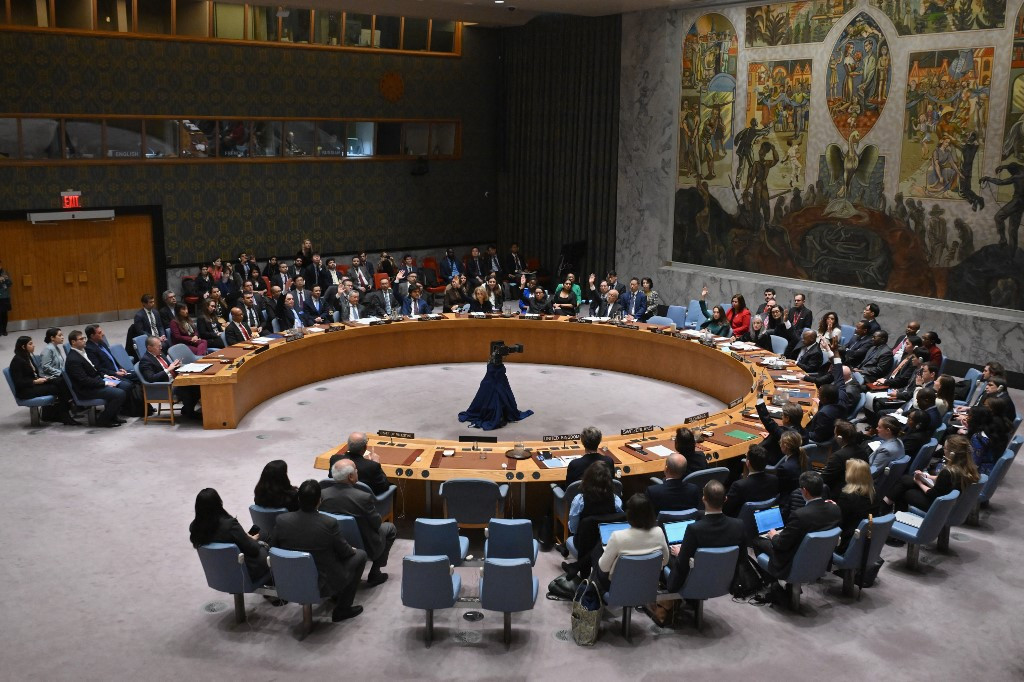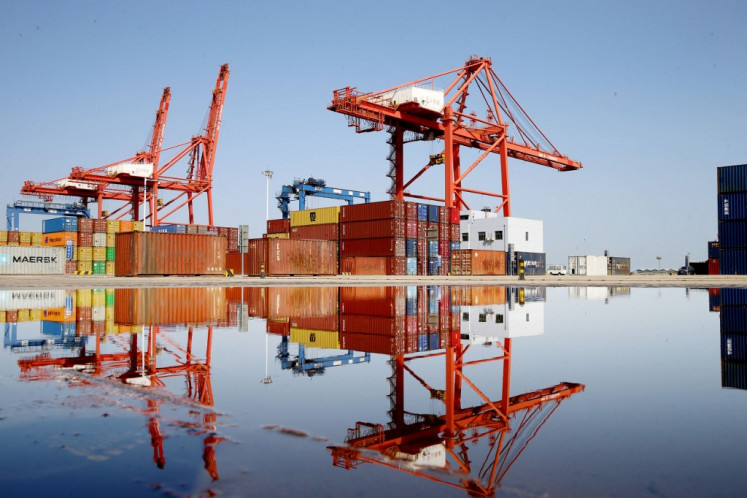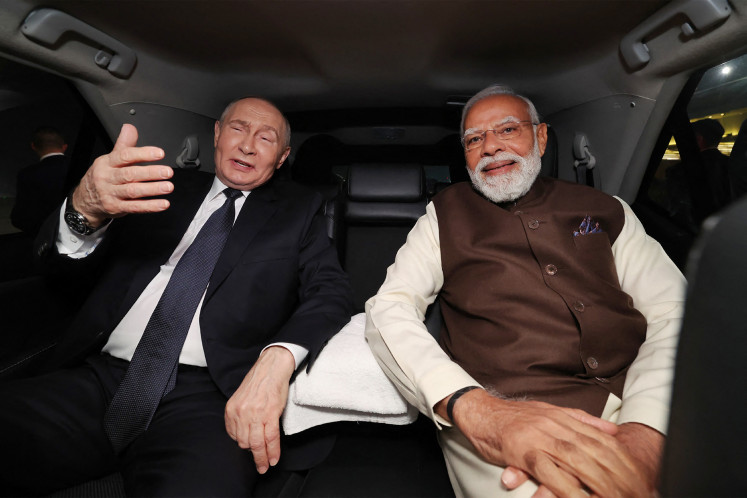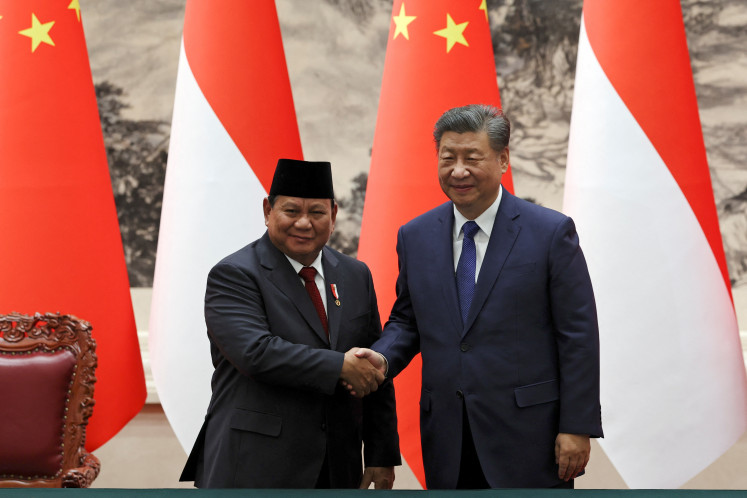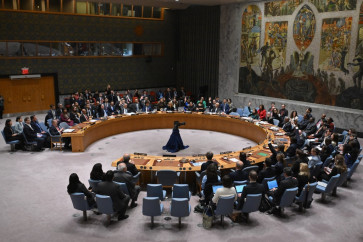Popular Reads
Top Results
Can't find what you're looking for?
View all search resultsPopular Reads
Top Results
Can't find what you're looking for?
View all search resultsWhy global governance is failing
Eight decades after the United Nations was established to prevent another world war and manage conflicts through diplomacy rather than violence, humanity finds itself paralyzed in the face of new planetary-scale disasters.
Change text size
Gift Premium Articles
to Anyone
T
he United Nations was established in 1945, succeeding the failed League of Nations, to pull humanity back from the brink of self-destruction. It was a bold experiment in collective security, designed to prevent another world war and manage conflicts through diplomacy rather than violence.
Yet, 80 years later, we find ourselves back on the precipice of disaster. Global temperatures have breached the 1.5 degree Celsius threshold that scientists see as a Rubicon for reining in climate change over the long term. Public trust in institutions, and in democracy, is critically low, and geopolitical tensions are rising. What happened?
The UN has, justifiably, drawn criticism for a variety of reasons. The composition of the Security Council is antiquated. Violent conflict, and even genocide, still occur with alarming frequency. And the organization has proven to be generally ineffectual, overly bureaucratic and unfair in its treatment of the Global South.
But the inadequately diagnosed problem is that the UN is bringing a 20th-century logic to bear on the 21st century’s fundamentally planetary problems. Today’s most urgent challenges, climate change, pandemics, AI regulation, financial contagion, supply-chain disruptions, do not respect national borders, yet UN institutions remain stuck in a framework of nation-states jealously guarding their sovereignty.
Our international institutions simply were not designed to address essentially systemic issues indifferent to national borders. The UN is not just slow; it is structurally incapable of tackling such problems at scale.
With even conventional governance structures faltering in the face of heightened tribalism and nationalism, any proposed new paradigm of planetary governance runs the risk of sounding utopian.
Fortunately, the world already has a serviceable blueprint: the European Union, for all its flaws, has demonstrated that a supranational federation can work, allowing previously warring countries to pool sovereignty in exchange for economic and political stability.

